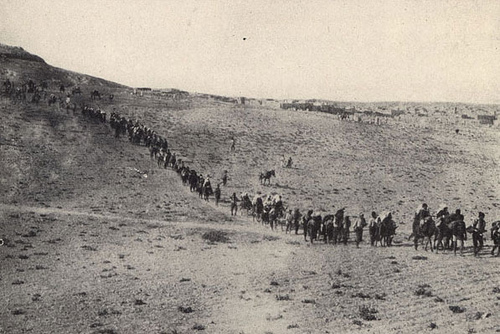Christian persecution is a deeply troubling issue that has persisted throughout history and continues to affect countless individuals worldwide. As global awareness of human rights issues grows, the plight of persecuted Christians is frequently highlighted as a critical concern. This article delves into the various aspects of Christian persecution, emphasizing its impact on human rights and what can be done to address it. Understanding these issues is crucial for fostering a world where religious freedoms are respected and protected.
Historical Context of Christian Persecution
The persecution of Christians has a long and complicated history that dates back to the beginnings of the religion. Christians have faced various forms of oppression throughout history, from the Roman Empire’s early attempts to suppress Christianity to the Middle Ages’ religious conflicts. The early church faced intense scrutiny and violence during Roman rule, as Christians were frequently targeted for refusing to worship Roman gods. Persecution throughout the ages took many forms; one such form was the Inquisition, which aimed to eradicate heretical ideas from Christian societies. This historical context serves as a basis for comprehending why religious persecution still occurs in the present day. The core problem, which continues to feed tyranny, is still a lack of tolerance for other religious ideas, even in the face of changing political and social environments.
Global Trends in Religious Intolerance
Nowadays, religious intolerance is still a major problem that affects many different parts of the globe. The persecution of religious minorities, particularly Christians, has intensified due to the emergence of extremist ideologies and geopolitical conflicts. Christians often have significant limitations on their ability to practice their religion in nations where extremist organizations or authoritarian governments hold sway. These prohibitions may take many different forms, from the forcible closing of places of worship and religious assemblies to the open assault on Christians. For example, the presence of extremist organizations has led to the violent assaults and relocation of Christians in several regions of the Middle East and North Africa. Likewise, in several Asian nations, Christians face animosity from both local populations and governing bodies. This widespread pattern emphasizes how important it is to continue advocating for and taking action to defend religious liberty.
Legal Protections and Human Rights Violations
International human rights frameworks are designed to guarantee freedom of belief and shield people from discrimination based on their religion. The freedom of religion is acknowledged as a basic human right by a number of treaties and conventions, including the International Covenant on Civil and Political Rights and the Universal Declaration of Human Rights. However, enforcement of these protections frequently falls short, especially in areas where religious persecution is widespread. Governments may ratify international treaties, but they may not take concrete steps to protect religious liberty. Furthermore, violence against Christians that is either state-sponsored or condoned sometimes reveals a larger trend of abuses of human rights. This disparity between legal commitments and actual practices emphasizes the need for stronger mechanisms to hold violators accountable and assist victims of persecution.
The Role of International Advocacy and Humanitarian Efforts
Organizations dedicated to international advocacy and humanitarian relief are essential in addressing and lessening the suffering of persecuted Christians. These groups operate in a variety of capacities, including educating the public about religious persecution, directly assisting impacted populations, and advocating for changes to national and international laws. Many organizations work to record instances of persecution, provide assistance to those who are persecuted, and push for legislative changes that safeguard religious freedoms. Through their efforts, resources for individuals in need are mobilized, and the subject is brought to the attention of a worldwide audience. These groups seek to improve the climate for religious minorities and find lasting solutions by working with regional allies and global organizations.
Personal Stories and the Human Impact
Religious persecution has a significant and intimate effect on people as individuals and as communities. Stories of those persecuted put a human face on the larger issue, highlighting the bravery and resilience of people who face enormous suffering for their faith. Accounts of Christian families being forced to flee their homes, churches being bombed, and individuals facing imprisonment or violence because of their beliefs highlight the harsh realities of persecution. These personal stories not only inspire empathy but also highlight the critical need for coordinated efforts to address and mitigate religious intolerance. Understanding these tales serves to emphasize the significance of worldwide assistance and solidarity as well as the actual and continuous difficulties experienced by Christians who are persecuted.
Conclusion
In conclusion, addressing Christian persecution and related human rights issues requires a multifaceted approach that encompasses historical understanding, global awareness, legal advocacy, humanitarian support, and personal empathy. It is possible to move towards a more tolerant and fair society by acknowledging the continuous difficulties experienced by persecuted Christians and by supporting initiatives to defend their right to practice their religion. Ensuring that every individual can practice their faith freely and without fear is a fundamental aspect of upholding human rights and fostering global peace and harmony.



